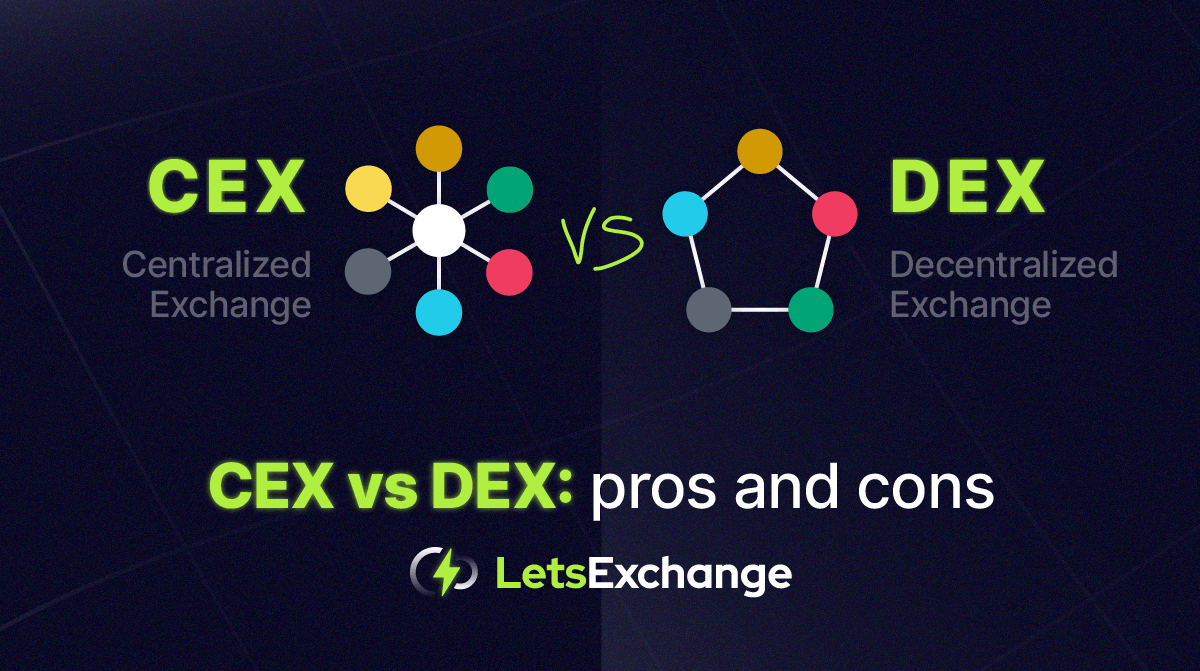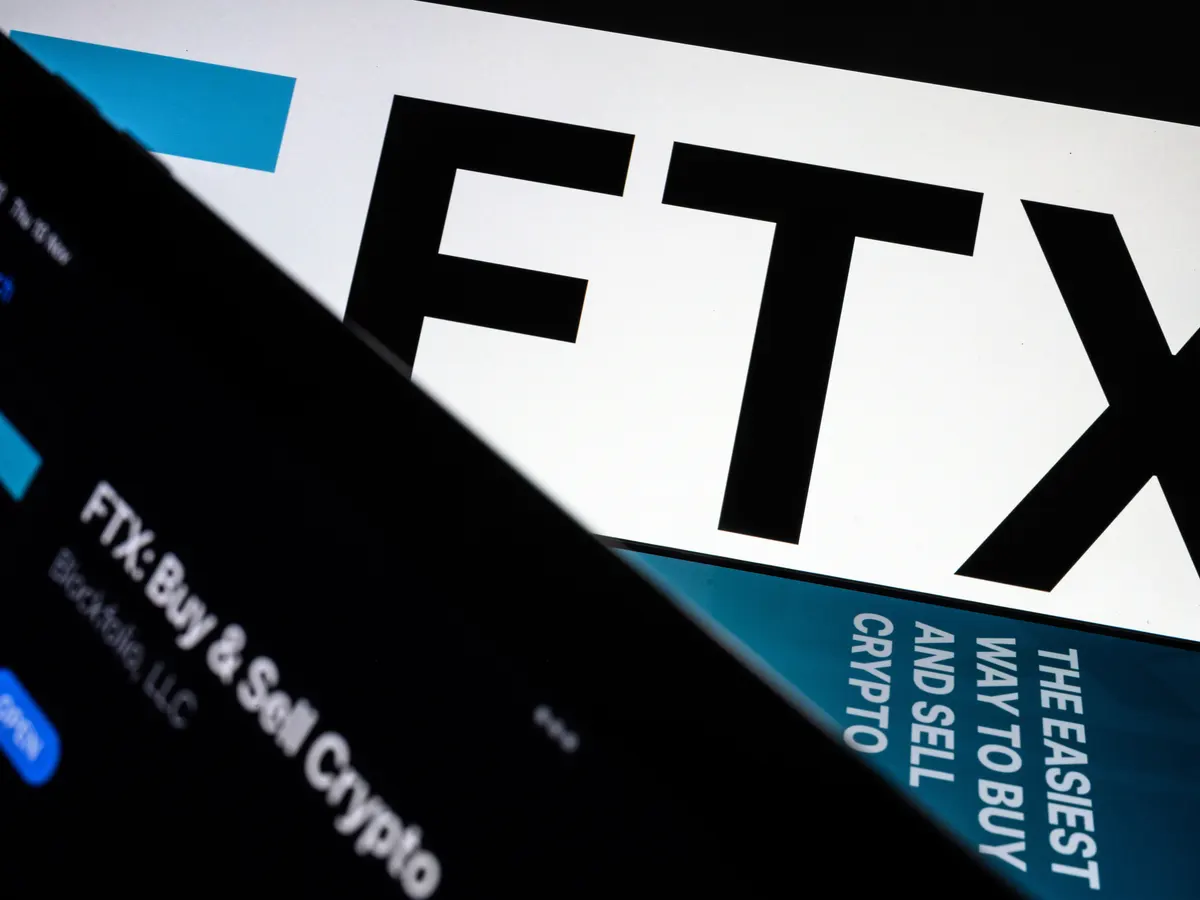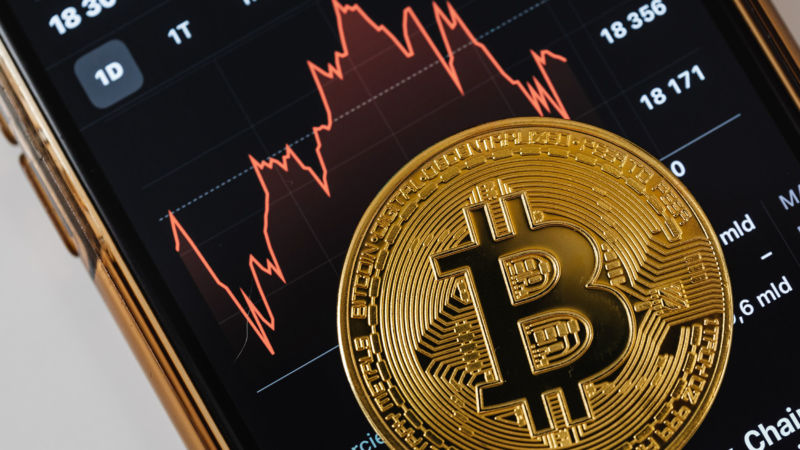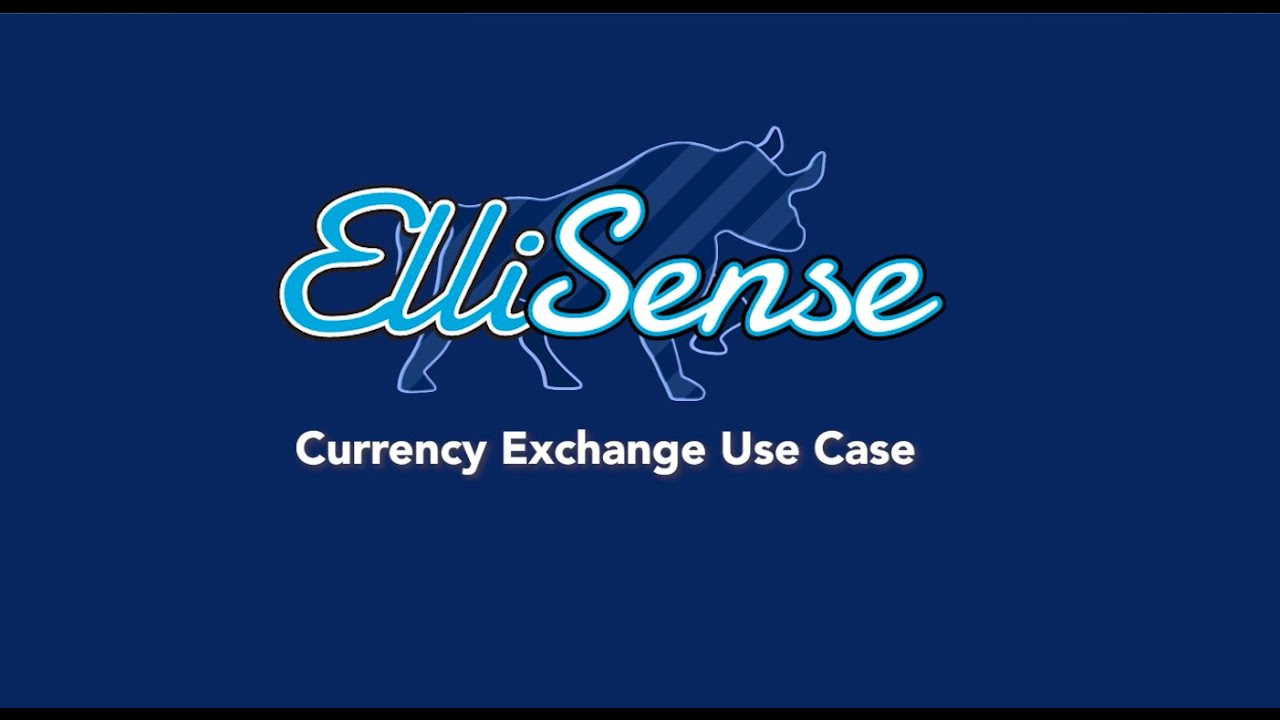DEX vs CEX Which is Right For You
Explore the differences between DEX vs CEX to make an informed decision. Learn which is the right choice for you.

Decentralized finance, or DeFi, has emerged as a transformative force in the world of cryptocurrency. DeFi crypto, short for decentralized finance cryptocurrency, represents a paradigm shift in the way we interact with financial services. With the rise of DeFi apps and platforms, crypto enthusiasts are presented with a choice: DEX (Decentralized Exchange) or CEX (Centralized Exchange). In this comprehensive guide, we'll delve into the world of DeFi and explore the key differences between?DEX?vs?CEX, helping you make an informed decision about which one is right for you.
Understanding DeFi
DeFi, short for decentralized finance, is a revolutionary concept in the crypto space. It involves the use of blockchain technology to create financial services that are open, accessible, and decentralized. Unlike traditional financial institutions, which are centralized and often come with high fees and barriers to entry,?DeFi apps?and platforms aim to provide financial services to anyone with an internet connection.
Top DeFi Platforms
There are several top?DeFi platforms?in the market, each offering a unique set of services and features. Some of the most prominent ones include Compound, Aave, MakerDAO, and Uniswap. These platforms allow users to lend, borrow, trade, and earn interest on their crypto assets. They are built on blockchain networks like Ethereum and utilize smart contracts to automate financial processes.
DeFi Cryptocurrency
DeFi cryptocurrency is the backbone of the DeFi ecosystem. These digital assets serve as the fuel that powers DeFi platforms and applications. Popular?DeFi crypto?currencies include Ethereum (ETH), Chainlink (LINK), and Aave (AAVE). These tokens are used for various purposes within the DeFi ecosystem, such as collateral for loans and governance of decentralized organizations.
CEX: Centralized Exchanges
On the other side of the spectrum, we have centralized exchanges, or CEX. These are traditional cryptocurrency exchanges where users can buy, sell, and trade digital assets. Some well-known CEX platforms include Coinbase, Binance, and Kraken. Centralized exchanges have been the entry point for many newcomers to the crypto space due to their user-friendly interfaces and liquidity.
DEX: Decentralized Exchanges
Decentralized exchanges, or DEX, represent the DeFi alternative to centralized exchanges. DEX operates without a central authority, allowing users to trade directly from their wallets. Unlike CEX, DEX platforms do not require users to deposit their funds on the exchange itself, providing greater security and control over their assets.
Key Differences Between DEX and CEX
- Control and Security
- DEX: Users have full control of their funds as they trade directly from their wallets. This reduces the risk of hacks and security breaches.
- CEX: Funds are held by the exchange, which can be vulnerable to security threats.
- KYC and Privacy
- DEX: Typically, DEX platforms require minimal or no Know Your Customer (KYC) verification, offering enhanced privacy.
- CEX: Centralized exchanges often require extensive KYC procedures, compromising user privacy.
- Liquidity
- DEX: Liquidity on DEX platforms can be lower compared to CEX, making it challenging for large trades.
- CEX: Centralized exchanges generally offer higher liquidity due to a larger user base.
- Trading Pairs
- DEX: Limited trading pairs compared to CEX, which usually provides a wider range of options.
- CEX: Offers a vast array of trading pairs, including fiat-to-crypto pairs.
- Fees
- DEX: Generally, DEX platforms have lower trading fees, making them cost-effective for frequent traders.
- CEX: Centralized exchanges often charge higher fees but may offer discounts for high-volume traders.
Choosing Between DEX and CEX
Your choice between DEX and CEX depends on your specific needs and preferences. If you value control, privacy, and lower fees, DEX might be the right choice for you. On the other hand, if you prioritize liquidity, a wide range of trading pairs, and user-friendly interfaces, CEX could be the better option.
Upcoming DeFi Projects
As the DeFi space continues to evolve, new projects are constantly emerging. These upcoming DeFi projects aim to address existing limitations and offer innovative solutions. Keeping an eye on these projects can provide exciting opportunities for?DeFi investment. Some noteworthy upcoming DeFi projects include Deversifi, SushiSwap, and Curve Finance.
In the world of DeFi crypto, the choice between DEX and CEX is a significant decision that can impact your cryptocurrency trading experience. Decentralized exchanges offer greater control and privacy, while centralized exchanges provide liquidity and a wide range of trading options. Ultimately, the right choice for you depends on your specific goals and priorities within the dynamic and ever-expanding world of?decentralized finance. As the DeFi ecosystem continues to grow, staying informed about the latest developments and upcoming projects will be key to making informed investment decisions in this exciting space.
What's Your Reaction?
















